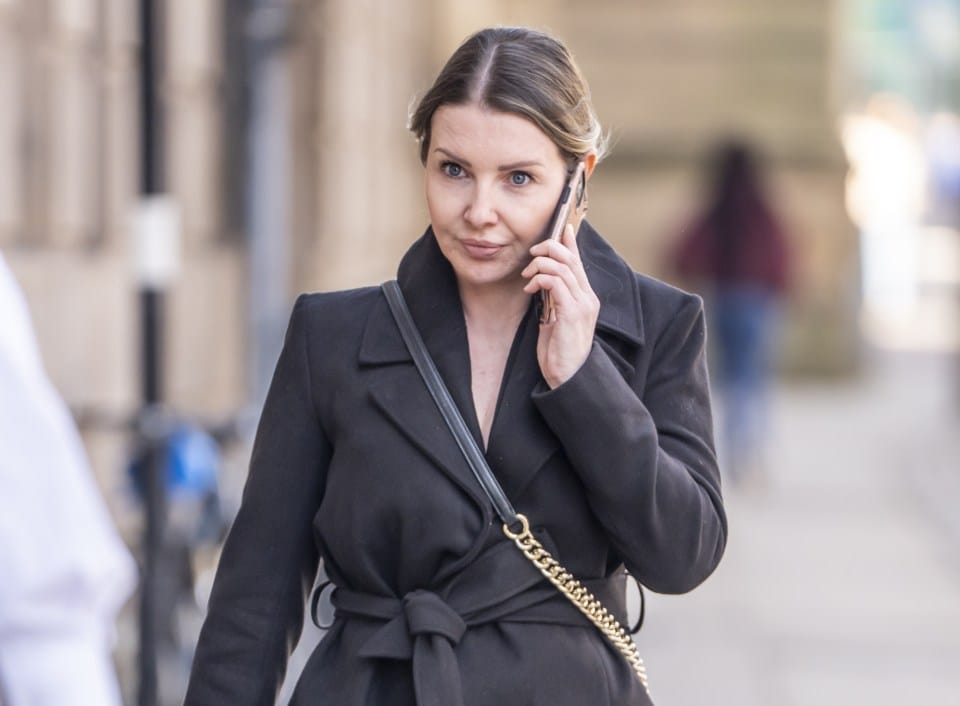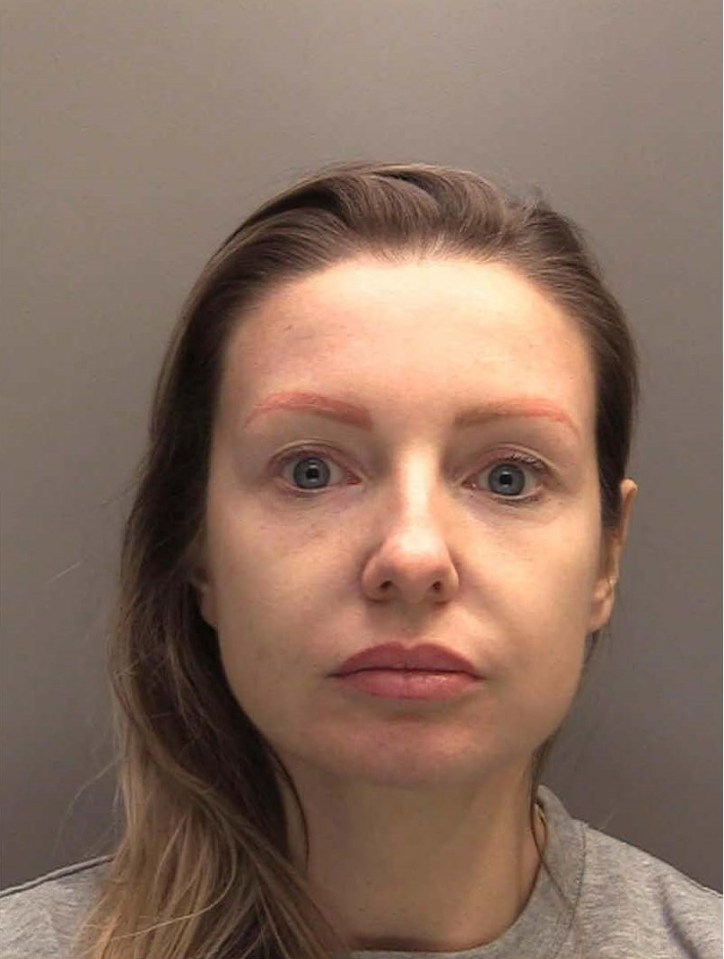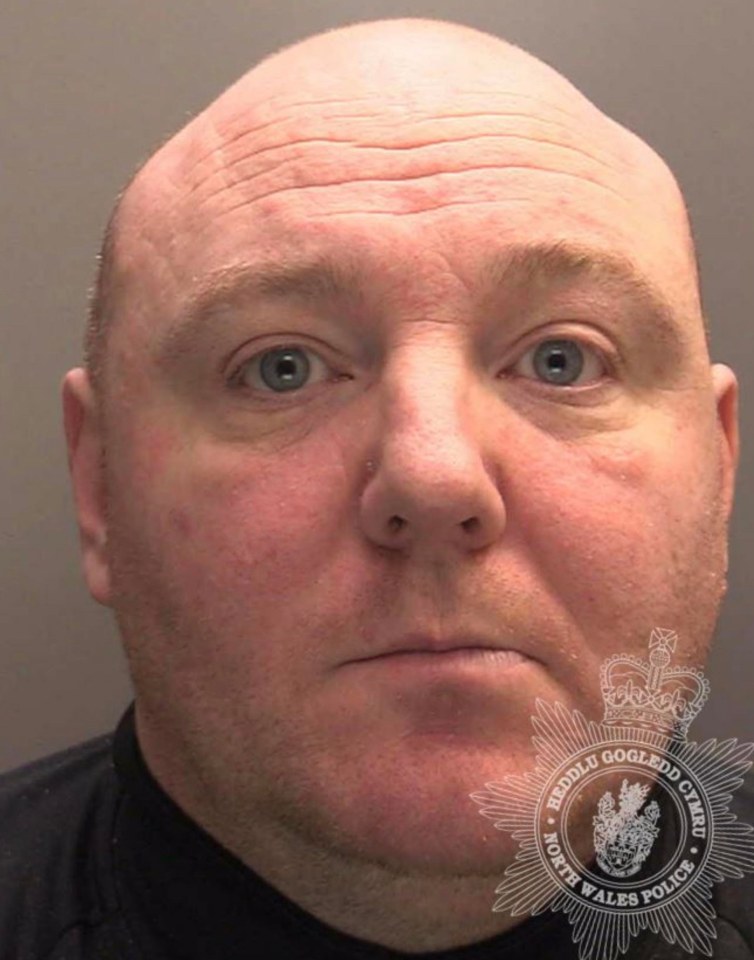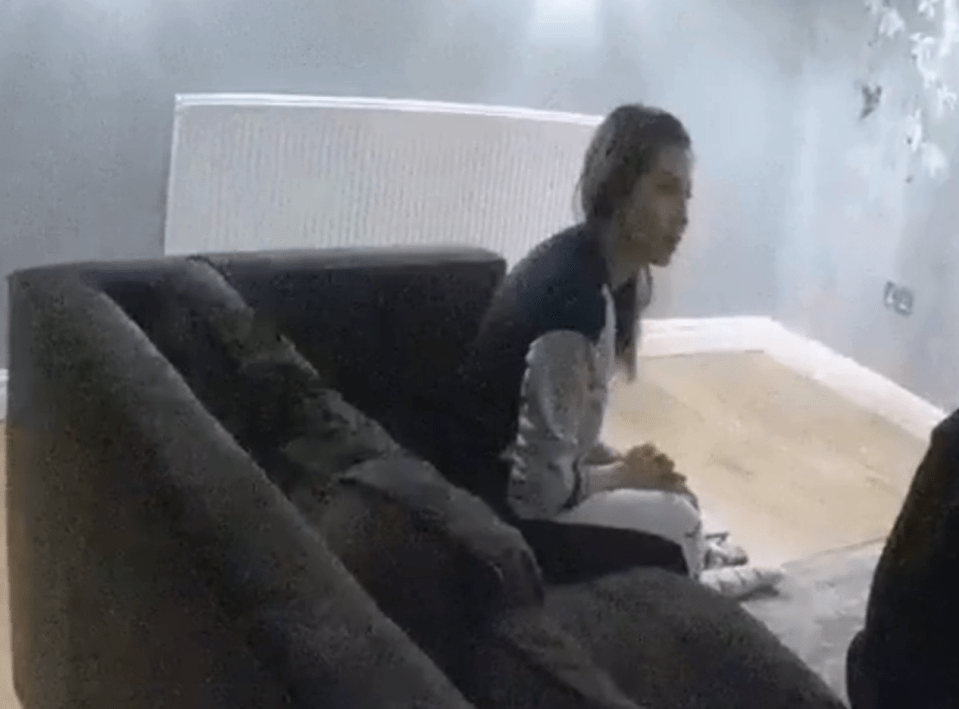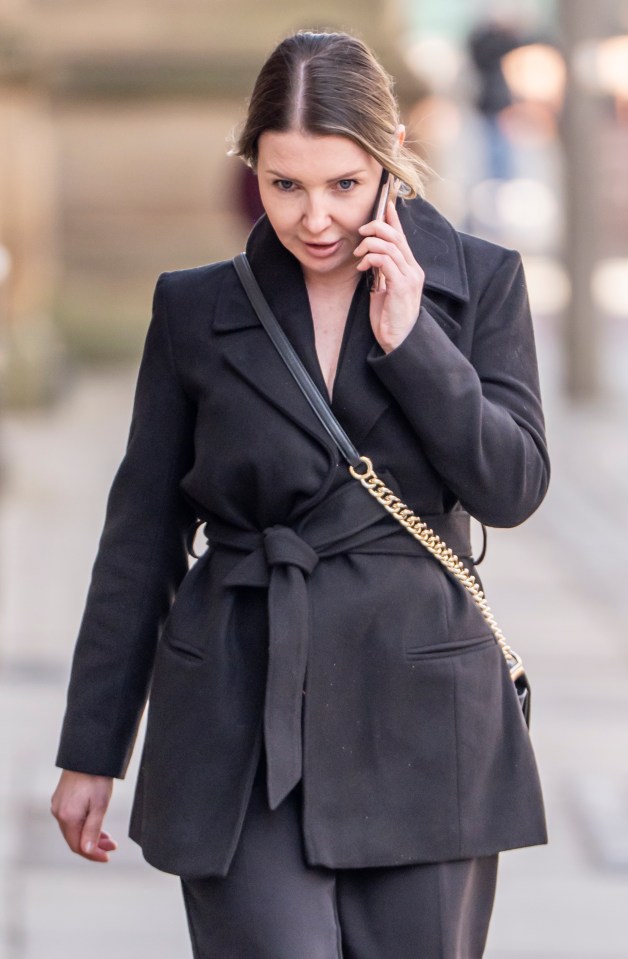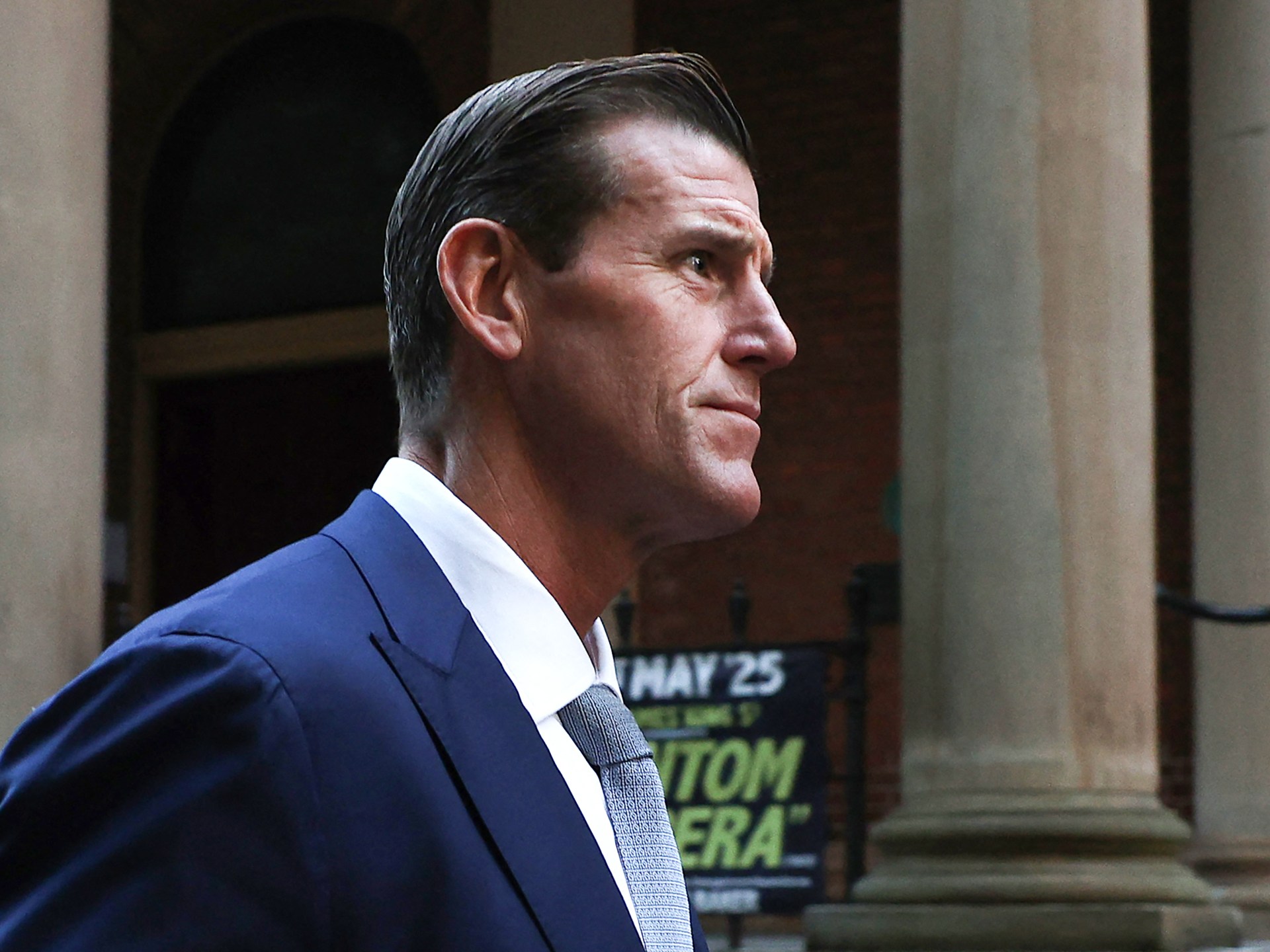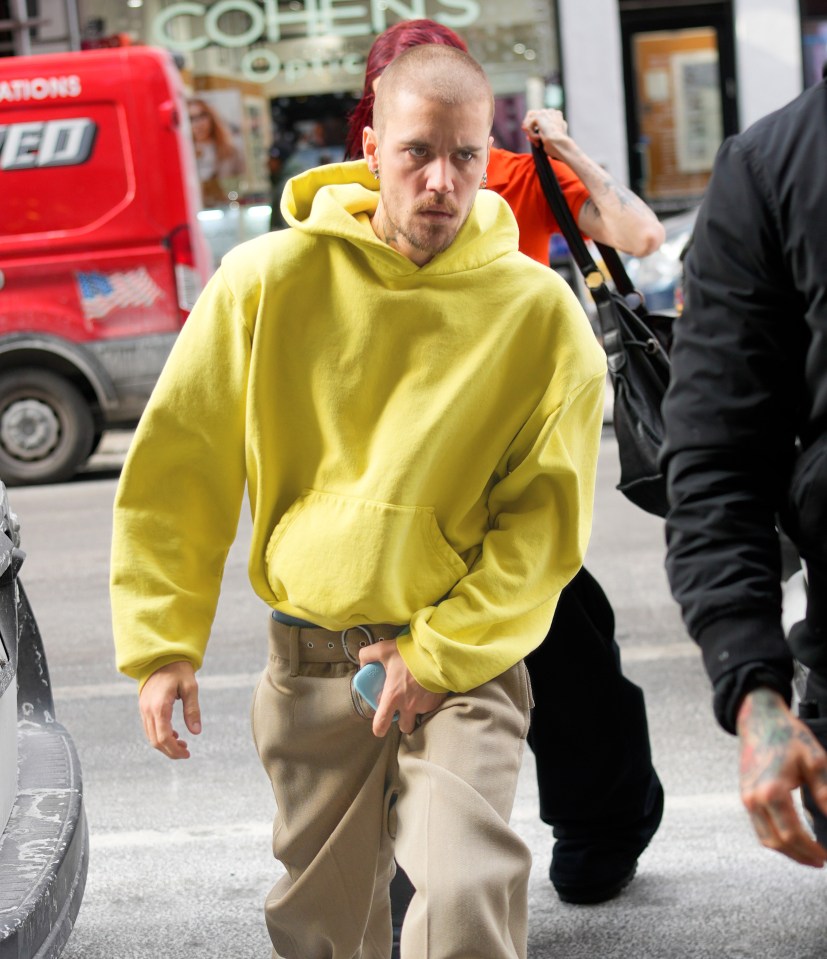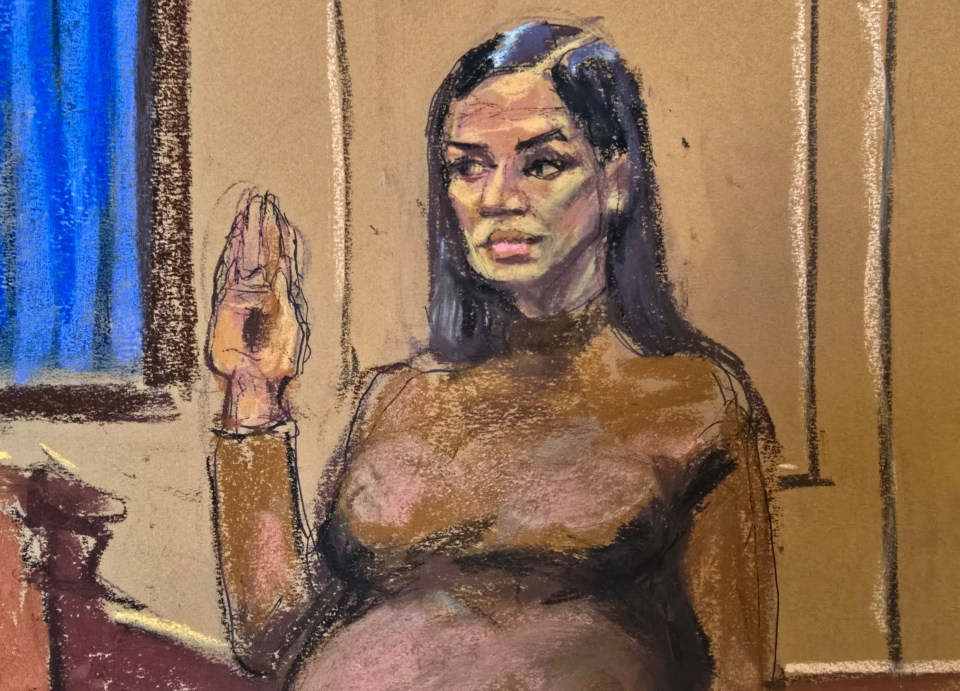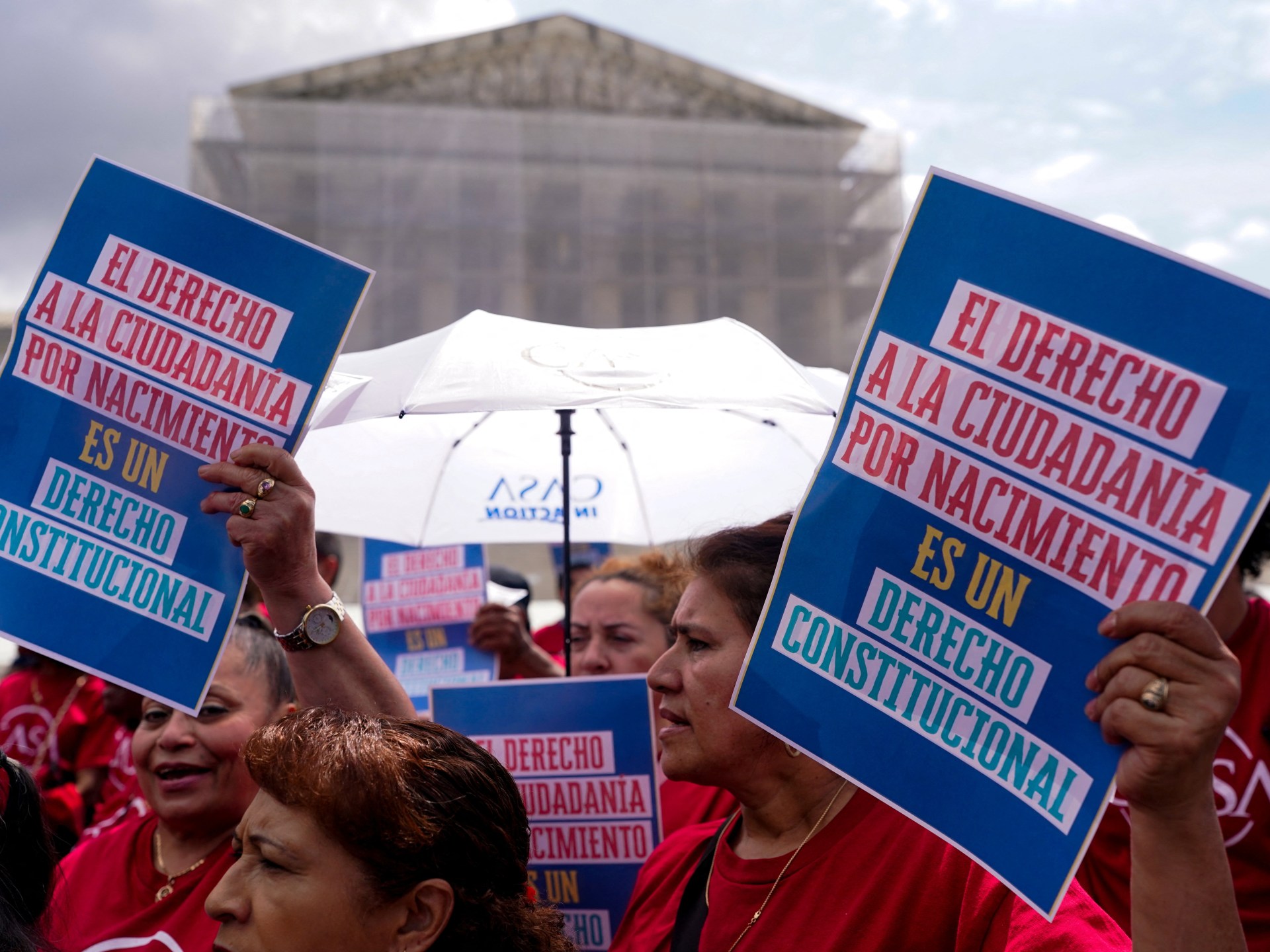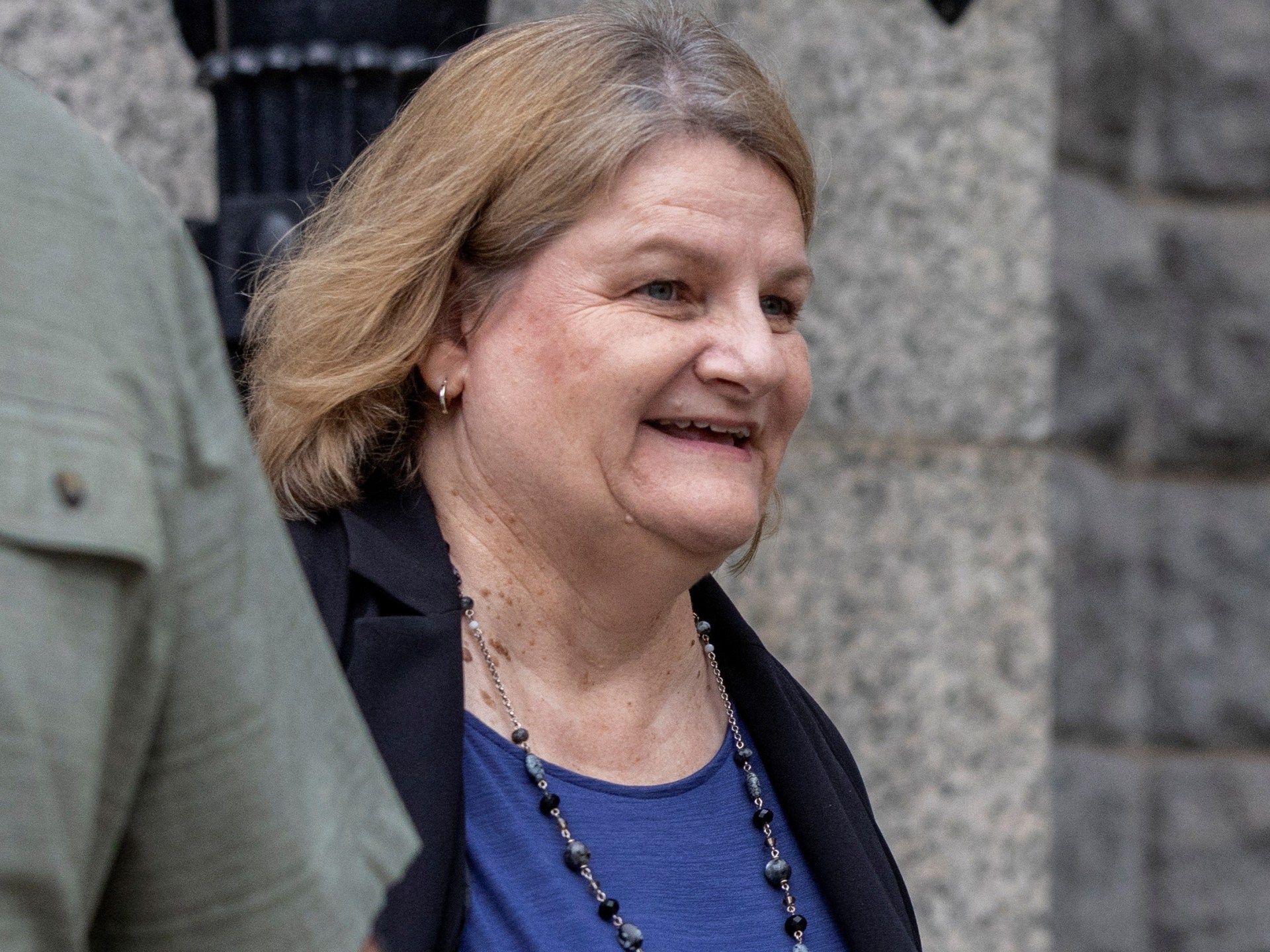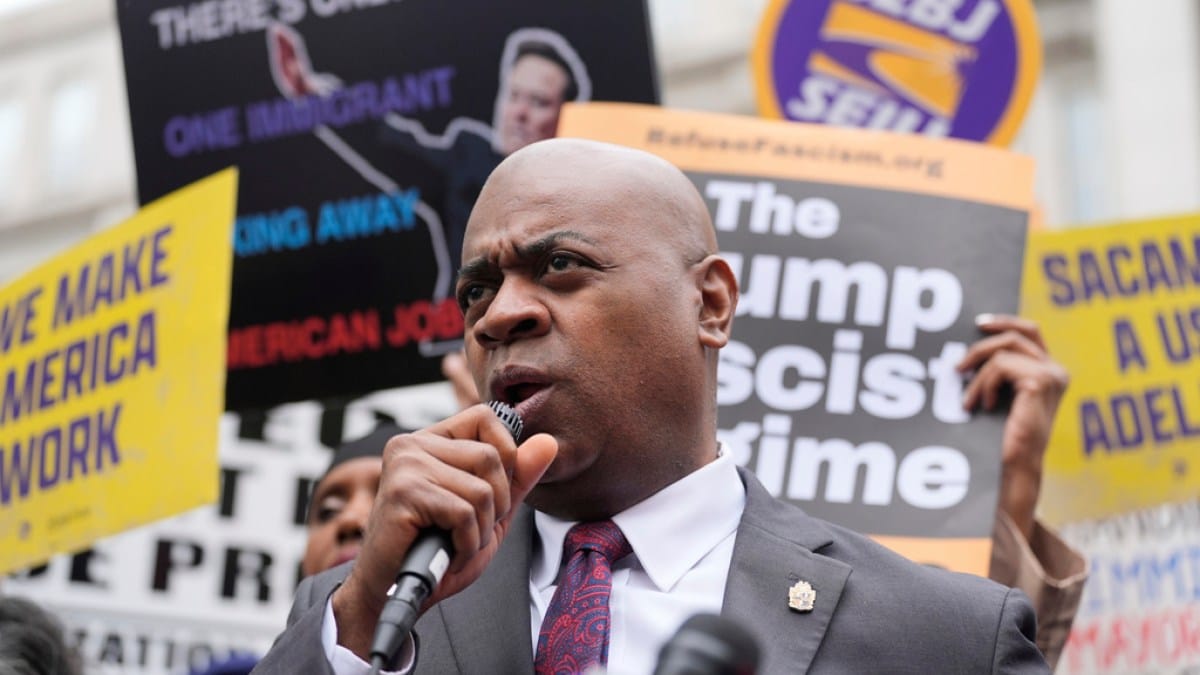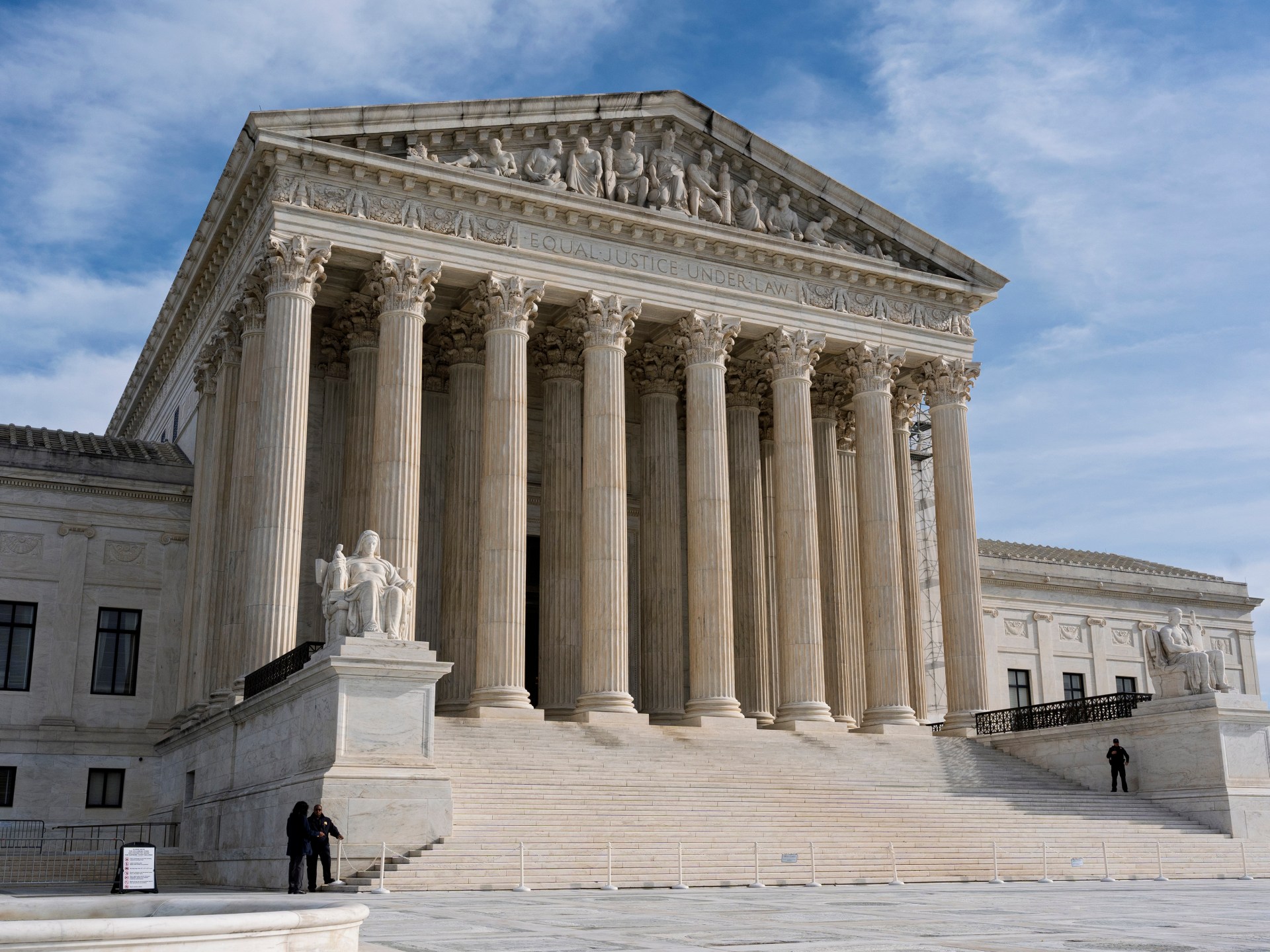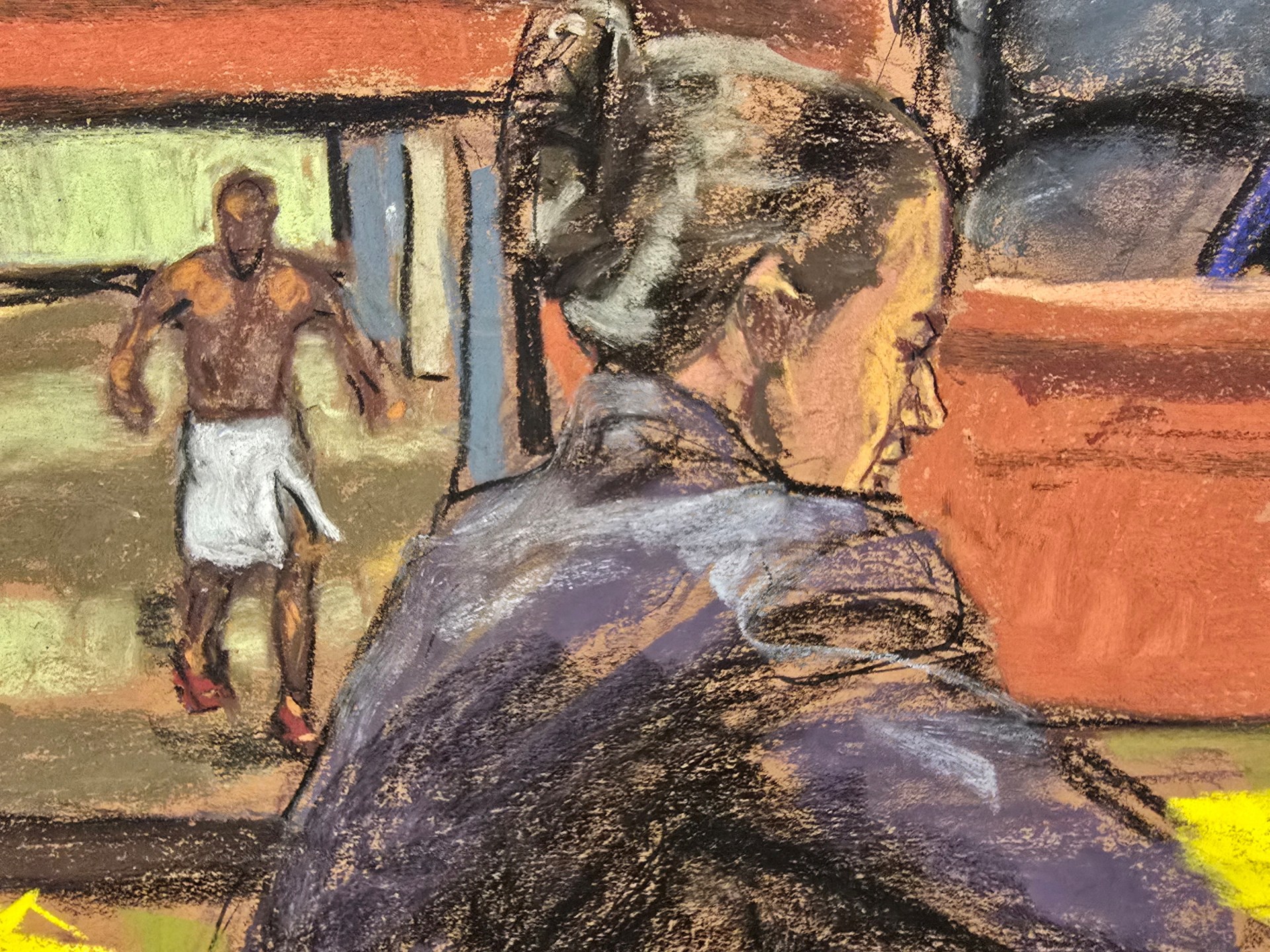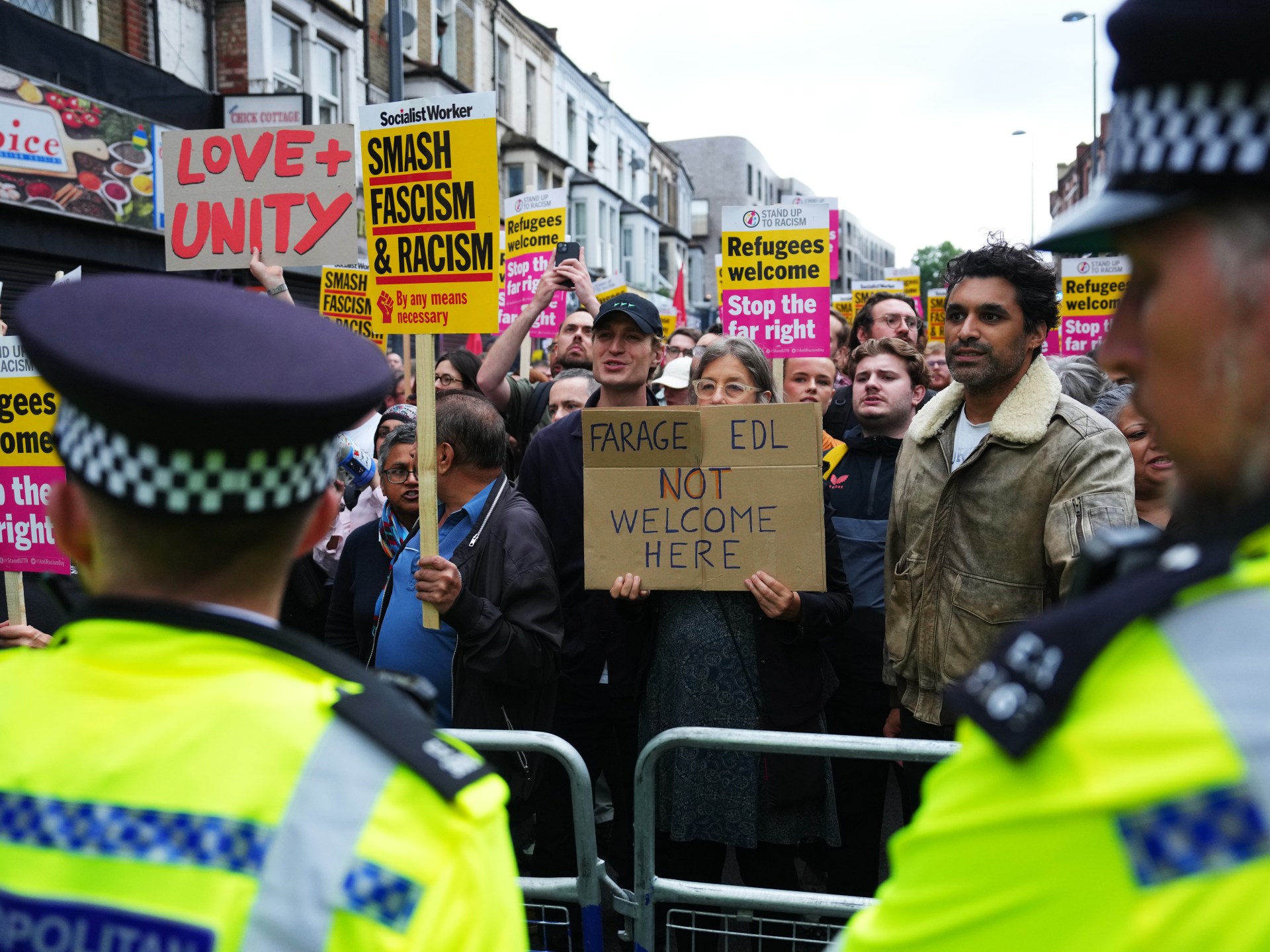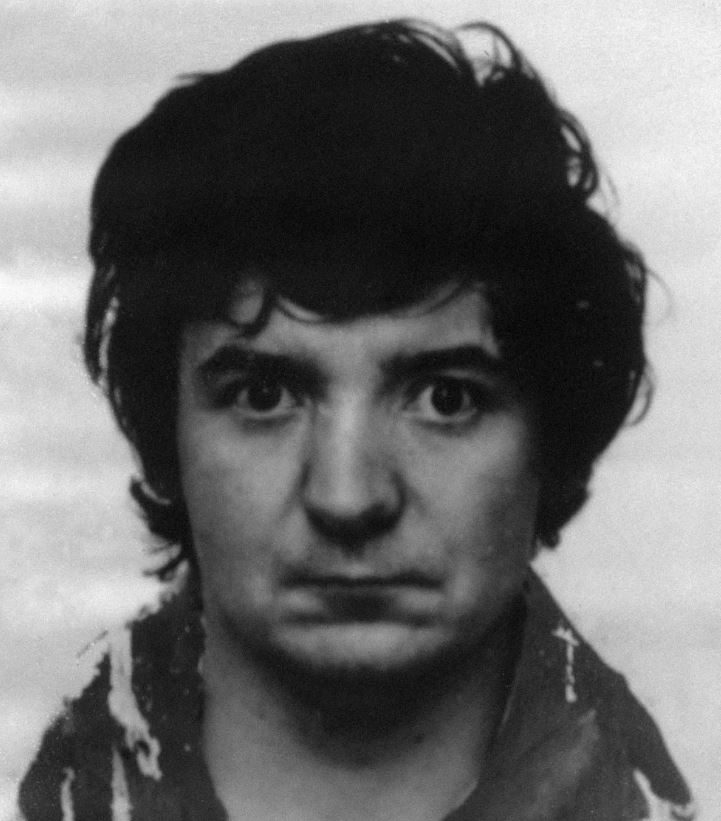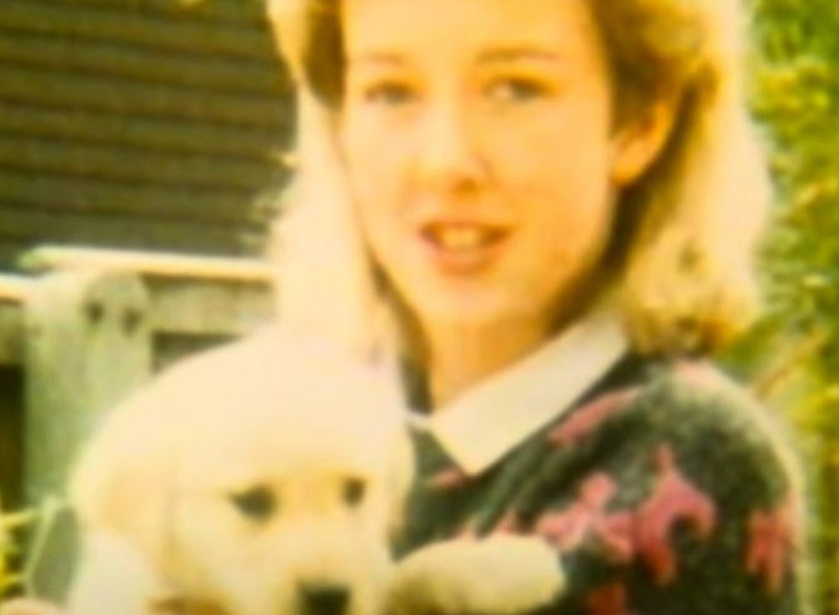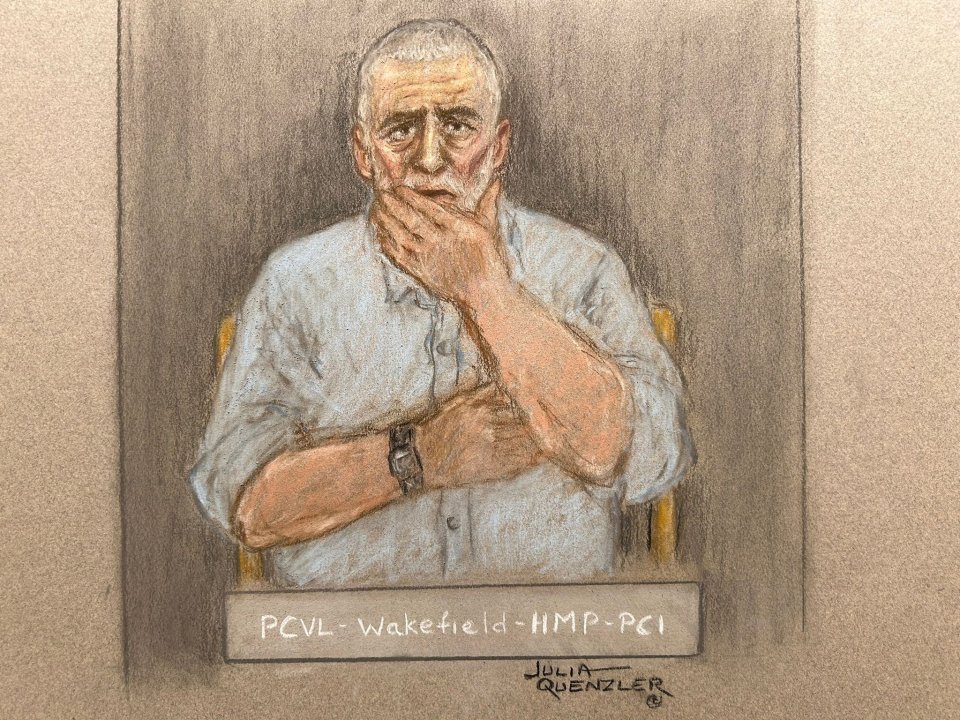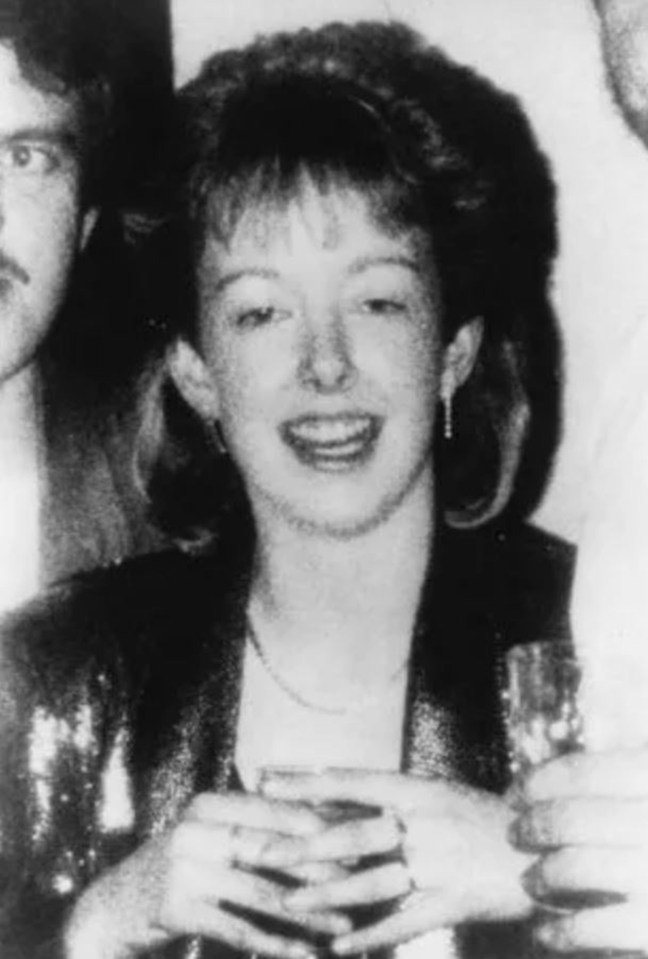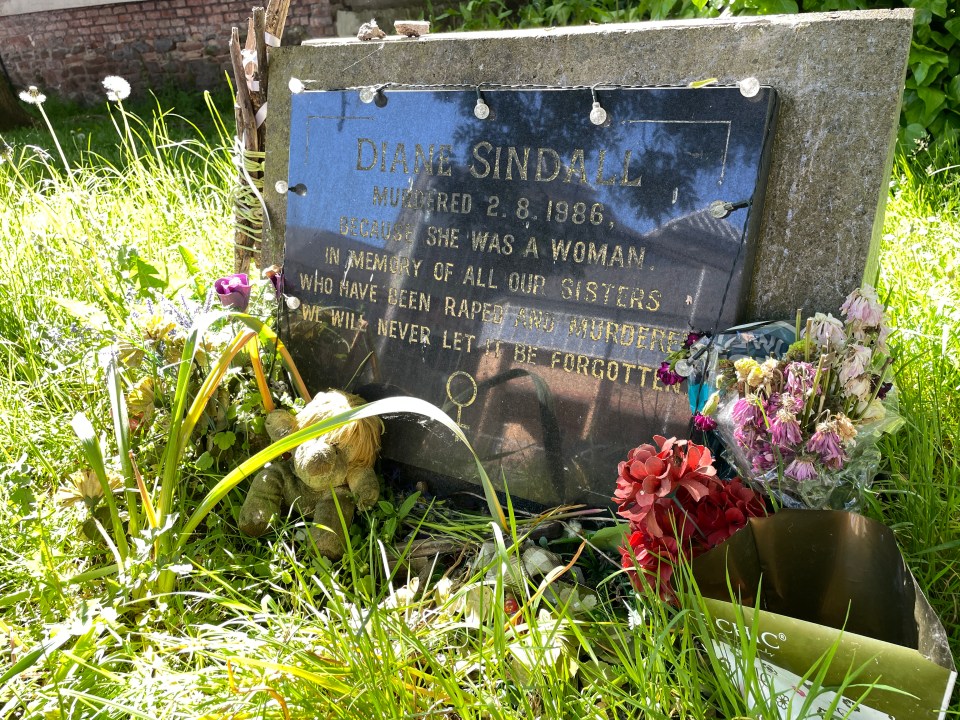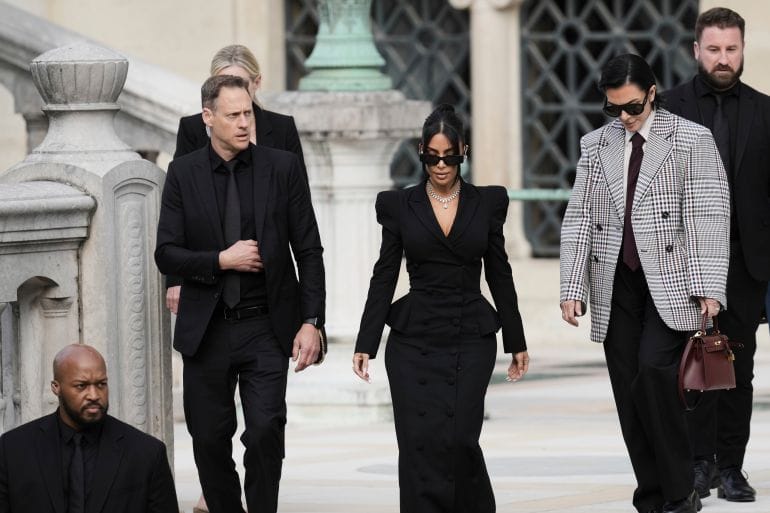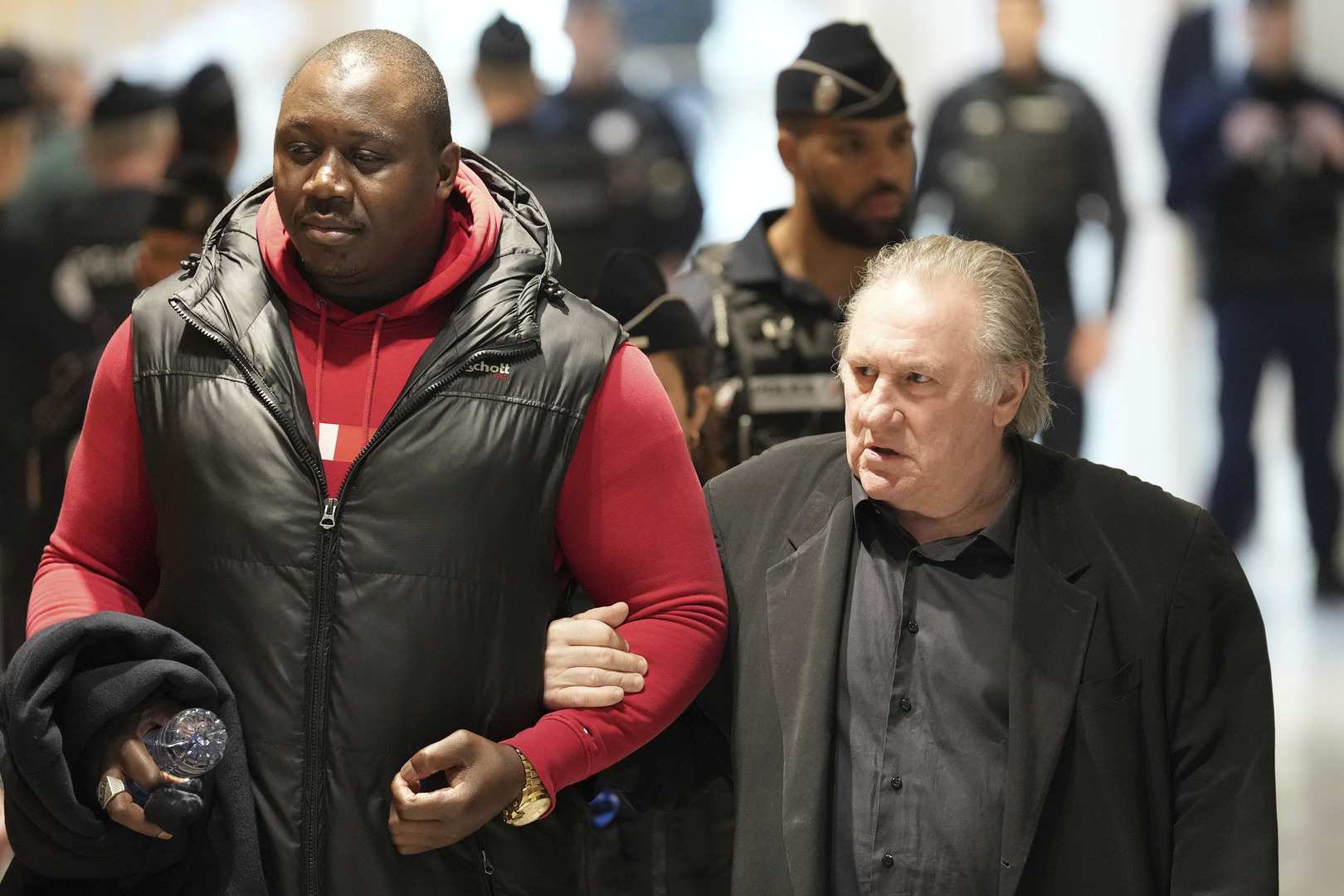Prison governor jailed over fling with Breaking Bad drug gang boss dubbed ‘Jesse Pinkman’ who gifted her £12k Mercedes
A PRISON governor has been jailed over an illicit relationship with a drug gang boss who gifted her a £12,000 Mercedes.
Kerri Pegg was seen as a “rising star” in the Prison Service and quickly rose through the ranks to become governor at HMP Kirkham in Lancashire.
But her career is now in ruins after she embarked on a relationship with inmate Anthony Saunderson, who was known as Jesse Pinkman after the series Breaking Bad.
Pegg, 42, has now been jailed after she was found guilty of two counts of misconduct in a public office.
One relates to the divorcee’s fling with Saunderson and the second by failing to disclose county court judgements about her debts.
She was also convicted of one count of possessing criminal property, the Mercedes car, from Saunderson.
Preston Crown Court heard Pegg released Saunderson on licence in 2019 despite not having the authority to approve the bid.
After he was granted his freedom, the prisoner used cash from selling 34 kilos of amphetamines to buy Pegg the Mercedes coupe.
On April 6, 2020, Saunderson was sent a message on Encrochat saying “car her for ya bird 12 quid or work” and a photo of the vehicle.
The court was told “12 quid” meant £12,000 and “work” meant drugs.
Saunderson asked “what work they want” and he was told “top or weed” – meaning cocaine or cannabis.
Two days later, he arranged for “17 packs” to be dropped off in Manchester to pay for the car.
The Mercedes was registered in Pegg’s name, with a pal messaging Saunderson: “Where u ya seedy man u and Peggy out floating orrel in the new whip?”
Law enforcement agencies cracked the criminal’s Encrochat and discovered he was involved in drug trafficking on a huge scale.
Saunderson, who was also known to his criminal pals as James Gandolfini -the actor who played Tony Soprano in the mafia TV Series – has now been locked up for 35 years.
The court was told other messages revealed the “ongoing nature” of his relationship with Pegg.
Police searched her home on November 19, 2020, and found a toothbrush and flip flops containing Saunderson’s DNA.
Officers also discovered a haul of designer clothing and found Pegg was subject to a number of county court judgements for unpaid debts.
Prosecutor Barbara-Louise Webster said: “Her downfall was two-fold, the first, despite having a good income, she lived beyond her means.
“She spent all her income and more, incurring debts and she had county court judgements made against her.
“As a consequence, she became vulnerable and open to exploitation.
“The second was that she became emotionally and personally involved with a serving prisoner, Anthony Saunderson and later accepted an expensive car, a Mercedes C class, which was paid for by him out of his proceeds of criminal activity ie trading in drugs.”
Pegg joined the prison service in 2012 as a graduate entrant and worked at prisons in Risley, Liverpool and Styal.
By April 2018, she was a governor at HMP Kirkham, where Saunderson was serving a lengthy jail term.
He had been locked up in 2014 for his part in importing £19m of cocaine in shipments of corned beef from Argentina.
From the start, there were concerns about Pegg being inappropriately close to prisoners.
It was also noted that she spent a lot of time in her office with Saunderson.
In October 2018, he put in a request to be released on temporary licence.
Despite Pegg not having the authority to green light his release, she intervened and approved his application without notifying the official who should have dealt with the case.
Days later she was moved to another jail, later becoming duty governor at HMP Lancaster Farms.
Saunderson meanwhile was revealed as one of nine gangland figures responsible for producing amphetamines on an industrial, multi-million-pound scale.
The gang made and dealt 2.6 tonnes of amphetamines worth £1million – as well as trafficking heroin, cocaine, cannabis, ketamine, MCAT and diazepam.
Tarryn McCaffrey, from the Crown Prosecution Service (CPS), said: “Kerri Pegg’s conduct fell far short of what might be expected from any professional within the Prison Service, let alone one of such a senior grade as prison governor.
“She was clearly involved in an inappropriate relationship with Saunderson after he was released and the evidence points to this going back further, to a time when he was in jail.
“This relationship, and the fact that Pegg failed to disclose her debts to her employers, amount to a gross breach of trust and are therefore extremely damaging to public confidence.”
